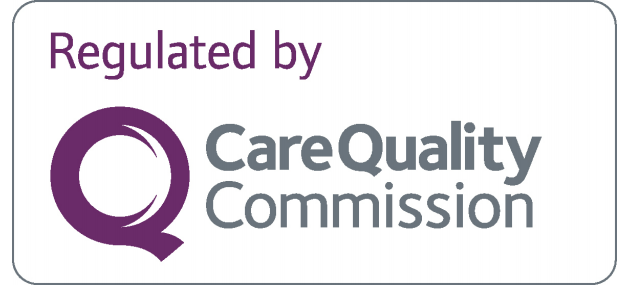Dental Implant FAQ's
Will I have enough bone to place implants?
Dental Implants can only be placed if there is enough bone present in the jaw. When teeth are lost, the bone around the teeth gradually disappears. If too much bone has been lost it is sometimes possible to grow bone in its place using your own bone or synthetic powder form bone. This is called a Bone Graft. The Implantologist will assess the amount of bone you have clinically in your mouth and with the use of x-rays or 3D scans before confirming on whether or not implants are possible in your mouth.
What are the options to replace missing teeth?
If you have good general dental health then Dental Implants almost certainly would work for you. Both smoking and active gum disease reduce the survival of dental implants (and teeth).If you think that either of these two habits could be a problem for you and your dental implants, it may be advisable to avoid this form of dental treatment or accept the higher risk of dental implant failure.
How Soon After a Tooth Extraction Can You Have an Implant?
The dentist places dental implants in your jaw by making precise holes in your bone so that they fit snuggly. They do this where your teeth are missing but where you have adequate bone to hold the dental implants. In some cases, it’s possible for them to place dental implants on the same day your dentist extracts your teeth. Typically, however, it takes around three to six months of healing before you can have your implant placed.
What Is the Downside of Dental Implants?
Similar to any oral surgical procedure, there is a chance of infection, pain and inflammation. However, negative effects are rare and usually minor if they do occur. Your dentist will talk with you about how they can manage these risks for your specific situation.
Is my mouth ready for Dental Implants?
Dental Implants survive best in a healthy environment. Any tooth decay or gum problems need to be corrected, before dental implants can be placed to give them the best chance of success. This will involve advanced oral hygiene using special brushing methods with interproximal cleaning such as flossing or the use of interdental brushes. Some gum treatments may be necessary which can be carried out by our highly qualified hygienists.
Despite advances in modern dentistry some teeth may have reached a stage where no treatment can save them. It is often best to remove these at an early stage particularly if you are thinking of having dental implants so as to prevent further bone loss.
How do I take care of dental implants?
Proper cleaning is essential to the lifespan of dental implants. We recommend that patients practice good oral hygiene at home as well as regular visits with a dental hygienist for monitoring.
Are Dental Implants Safe?
Dentists have used dental implants for many years, and implant technology continues to advance. Today, dental implants are sophisticated devices that highly trained professionals put in place. They’re one of the most reliable ways to replace missing teeth.
Will it be painful?
Generally having dental implants fitted is not at all painful. Local anaesthetic is used in the desired location and although you may feel pressure at times you should not feel any pain throughout the procedure. For apprehensive patients, sedation can be given making the procedure quite comfortable.
The after-effects of having dental implants placed are usually mild and may include slight bruising, dull ache and swelling. The amount of which will vary dependent upon the number of dental implants placed and the difficulty of the procedure.
When choosing a date for the dental implant placement, avoid significant social engagements and work commitments for at least a few days after. This is just to be on the safe side. Taking time off work is not usually necessary.
What are my options to pay for my Dental Implant Treatment?
All Dental implant treatment varies depending on each case but below we have listed some of our prices. All prices are from prices as each patients situation is different procedures may be required to facilitate implant treatment.
Single Implant
|
Single implant + 1 crown |
From £2200 |
Implant + Bridges
|
2 implants holding a 3 tooth bridge |
From £4500 |
|
3 implants holding a 5 tooth bridge |
From £6500 |
Implant retained dentures
|
Upper on 4 implants with a Bar |
From £9000 |
|
Lower on 2 implants |
From £4800 |
|
Lower on 3 implants |
From £5950 |
All on 4 or same day teeth
|
Per Jaw |
£14000 |
|
Upper and lower jaw |
£26000 |
|
Bone Grafting |
From £400 |
|
Sinus Augmentation |
From £1200 |






